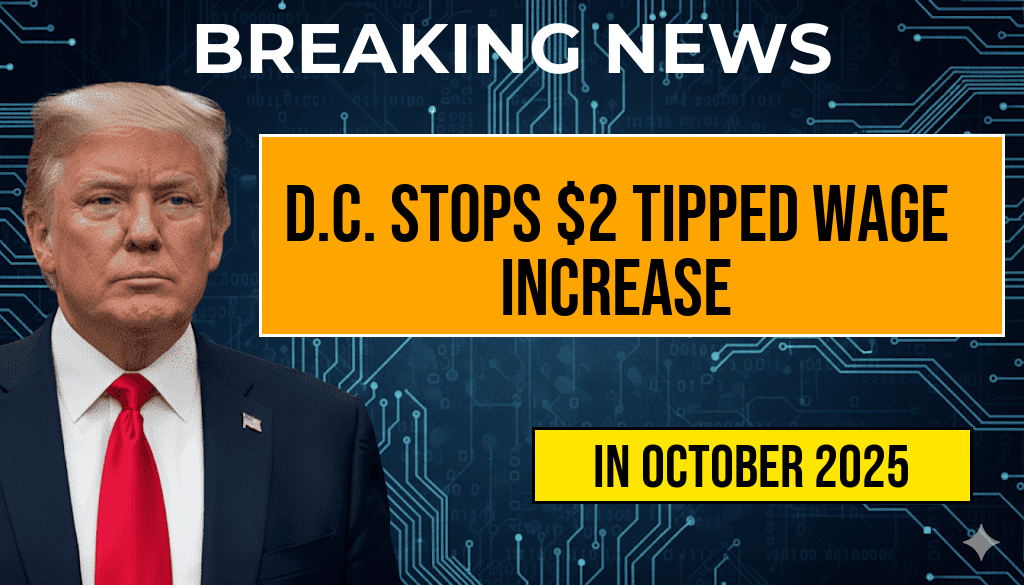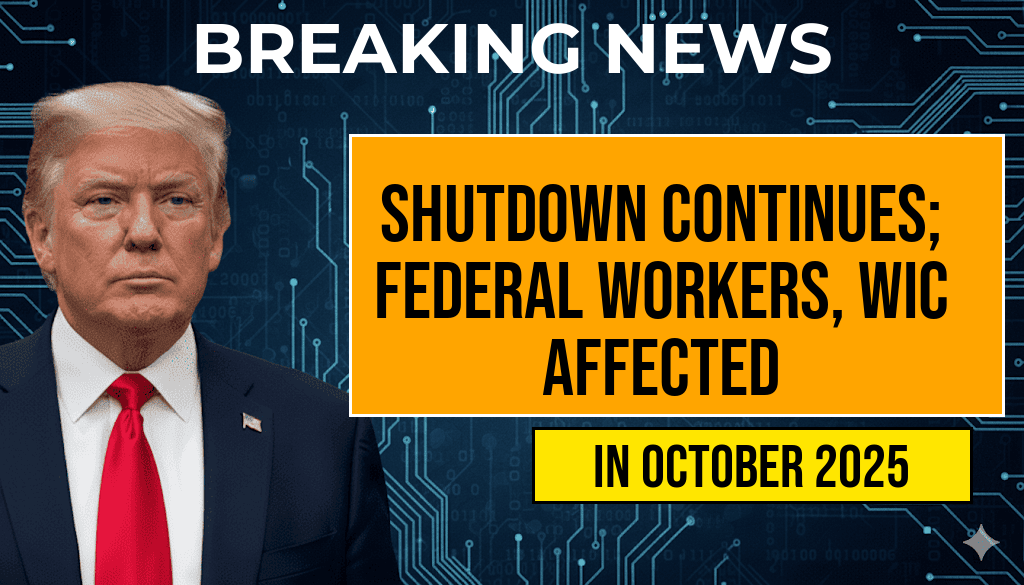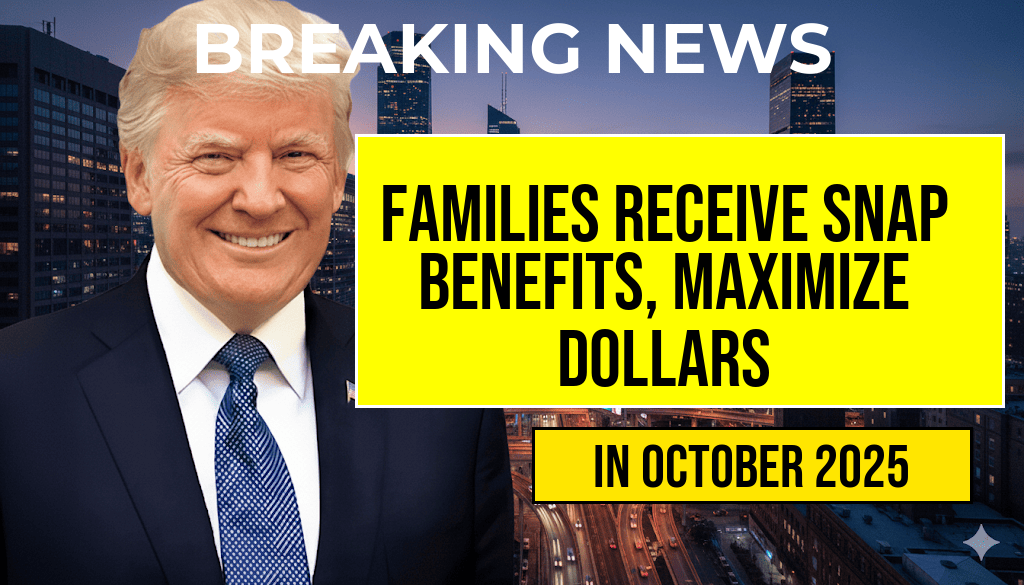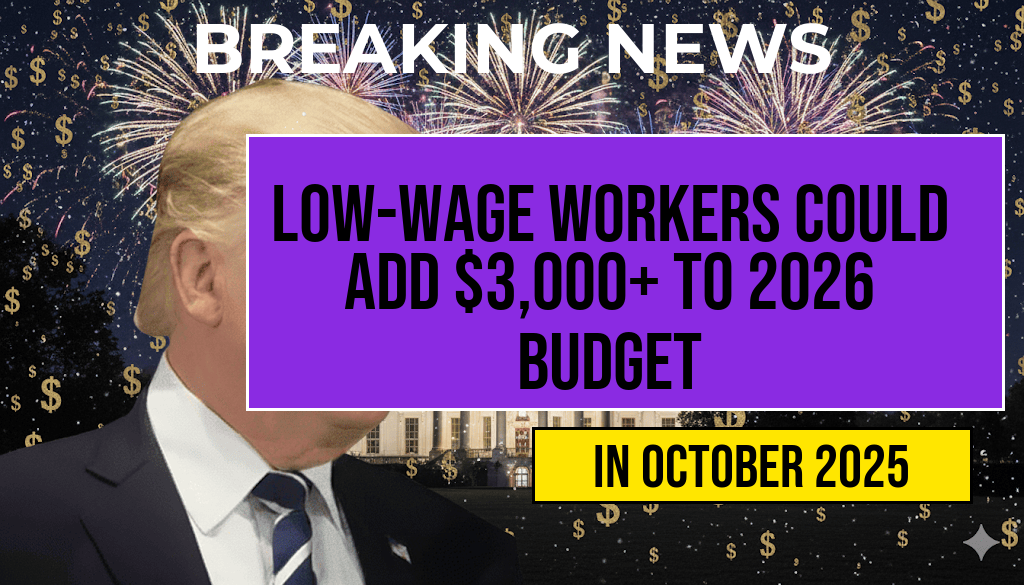Washington D.C. officials have announced a pause on a planned increase to the city’s tipped minimum wage, a move that could significantly affect the earnings of restaurant servers and hospitality workers. Originally slated to rise by $2 in the upcoming fiscal year, the halt in implementation means that many servers may forgo an estimated average annual income boost of approximately $4,160. The decision reflects ongoing debates over wage policies, economic pressures on the service industry, and concerns about the impact on local businesses. As the city navigates balancing fair compensation with economic viability, industry advocates warn that the delay could have lasting effects on workers reliant on tips for their livelihood.
Background on D.C. Tipped Wage Policy
Historical Context and Legislative Changes
The District of Columbia has long maintained a separate minimum wage system for tipped workers, recognizing the vital role tips play in their overall compensation. Historically, the tipped minimum wage in D.C. has been lower than the standard minimum wage, with periodic adjustments aimed at gradually closing the gap. The original plan, approved by local policymakers, intended to increase the tipped wage by $2 annually over several years, reaching parity with the regular minimum wage by 2025.
However, recent economic challenges, including inflation and labor shortages, prompted reconsideration of these scheduled increases. The District’s Office of Wage and Hour Compliance announced the suspension of the upcoming tip wage increase, citing concerns over the financial strain on small businesses and the potential for increased menu prices or reduced staffing levels.
Economic Implications for Servers
For many servers, tips constitute a substantial portion of their income, often surpassing hourly wages. According to the U.S. Department of Labor, tipped workers typically earn less than the standard minimum wage, relying heavily on customer gratuities to reach a livable income. The delay in wage adjustments could result in a significant earnings shortfall, affecting thousands of hospitality employees across the city.
Projected Financial Impact
Estimated Annual Earnings Loss
| Scenario | Additional Annual Income |
|---|---|
| Original plan with $2 increase | $4,160 |
| Current halt, no increase | $0 |
Based on industry averages, servers could see a reduction of approximately $4,160 annually if the tipped wage increase is not implemented. This figure accounts for average tips earned during a typical year, factoring in seasonal fluctuations and customer volume. For employees working full-time, the loss could be even more pronounced, potentially exacerbating income disparities within the service sector.
Industry Response and Stakeholder Perspectives
Restaurant associations and labor advocates have expressed concerns about the decision. The National Restaurant Association (NRA) emphasized that stable wage policies are crucial for attracting and retaining staff, especially as restaurants recover from pandemic-related setbacks. “Adjusting wages thoughtfully is key to maintaining a sustainable workforce,” stated NRA spokesperson Sarah Wilson.
Conversely, some business owners argue that higher wages could force increased menu prices or lead to layoffs, particularly among small operators with limited margins. D.C. Chamber of Commerce President Michael Lee remarked, “While fair wages are important, the timing and pace of these increases need to consider the economic realities faced by local businesses.”
Legal and Political Considerations
Policy Debates and Future Steps
The decision to halt the wage increase has sparked discussions about the city’s broader approach to wage regulation and labor protections. Lawmakers are debating whether to revisit the plan in the upcoming legislative sessions or implement alternative measures that support both workers and businesses during turbulent economic times. Some advocates are calling for targeted relief programs or phased-in wage adjustments to mitigate adverse impacts.
Impacts on Workers and Economic Equity
Experts warn that delaying scheduled wage hikes could deepen income inequality, especially for tipped workers who often belong to marginalized communities. Ensuring that wage policies align with living costs and economic growth remains a key concern for policymakers and labor rights organizations alike.
Resources and References
- Wage labor in the United States (Wikipedia)
- Forbes article on minimum wage impacts
- DC Office of Wage and Hour Compliance
Frequently Asked Questions
What is the main change in Washington D.C.’s tipped-wage policy?
The city has **halted** the planned **$2** increase in the tipped wage, which was originally scheduled to benefit servers and other tipped workers.
How much could servers potentially lose annually due to this wage halt?
Servers could potentially **lose approximately $4,160 annually** compared to the **original wage increase plan**.
Why was the tipped-wage increase initially planned?
The **$2 wage increase** was intended to improve **income stability** for **tipped workers** and **reduce wage disparities** in the hospitality industry.
What are the implications for servers and tipped workers in D.C.?
The halt in the wage increase may **negatively impact** the **earnings** of servers, potentially **reducing their annual income** and affecting **industry wages**.
Are there any future plans to revisit the tipped-wage increase in D.C.?
As of now, the **halt** indicates that the **wage increase** is **paused**, but there may be **future discussions** or **policy adjustments** regarding **wage increases** for tipped workers.






